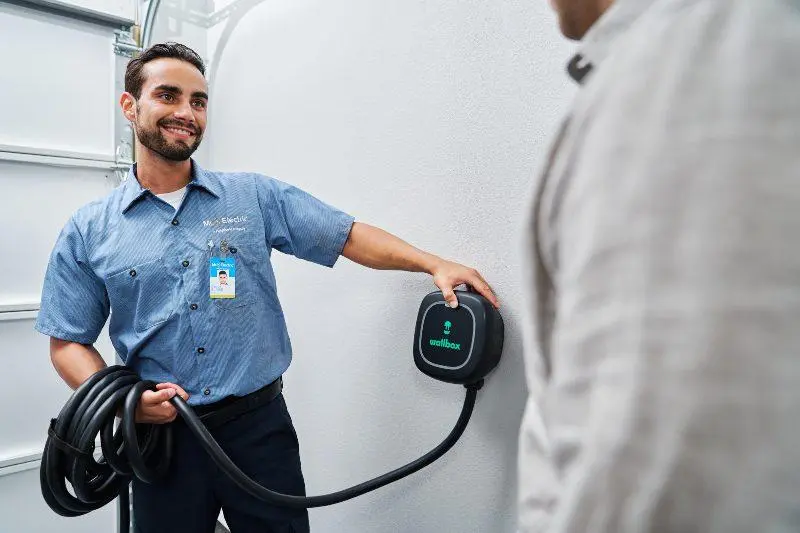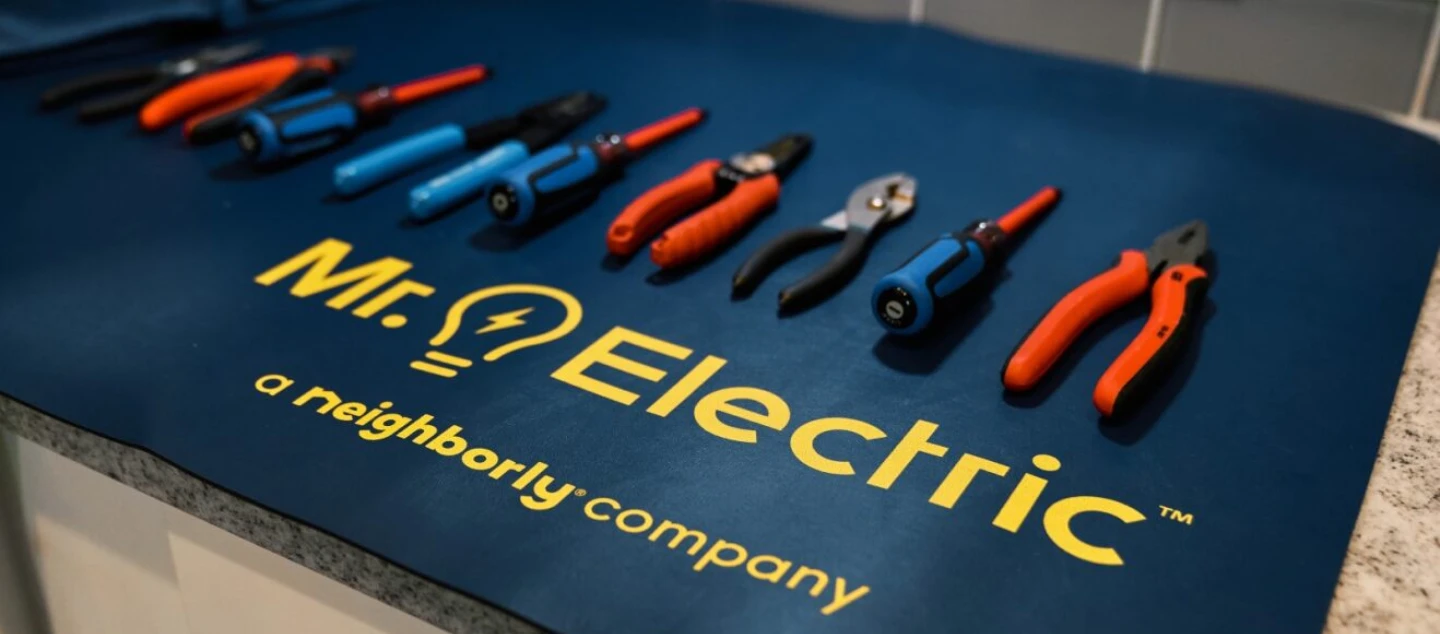Welcome to the world of electric vehicle (EV) ownership! Whether you’re buying your first EV or you’ve owned one for years, it’s important to understand your at-home charging options. Your experience as an EV owner will be greatly affected by the speed and efficiency of your home charger. Many of the most significant drawbacks to driving an EV, like charge time and limited driving range, can be managed effectively with a high-performance at-home charging station. Mr. Electric of Jacksonville, NC has electricians who install EV chargers in Jacksonville, North Carolina, and the surrounding areas. Learn more about our EV charger installation services.

The Three Levels of EV Chargers
There are many different types of EV chargers, from portable chargers to commercial charging banks. When you want to install a high-powered charging station in your home, the first step is to understand the three different levels of chargers. This will help you understand which will work best for your needs. Some owners are happy with a Level 1 charger if they don’t drive long distances and are not bothered by overnight charging. Most EV owners will eventually want to make the move to a Level 2 charger, though. The main difference between each type of EV charger includes the following:
- Level 1 Charger – Level 1 chargers are the most basic type available. They come with most EVs at the time of purchase. Level 1 chargers plug into any traditional three-pronged outlet. So, they have the benefit of flexibility and ease of use. However, they are the slowest way to charge your EV at home. A Level 1 charger can take over 20 hours to charge a battery completely.
- Level 2 Chargers – This is the perfect charger for most EV owners. It charges much faster than a Level 1 charger, usually filling a battery fully in as little as three hours. Installing a Level 2 charger requires professional expertise, though. A Level 2 charger needs its own dedicated 240-volt circuit, which involves wiring and possibly installing a new breaker.
- Level 3 Charger – You have likely seen Level 3 chargers at public charging stations. While these are super-fast chargers, able to add 160 miles of range in just 30 minutes, they are not available for residential properties.
-
EV Charger Installation and Replacement
When it comes to charging up your new EV in half the time, there’s nothing better than a Level 2 charger. And when it comes to installing a fast, efficient Level 2 home charger in your garage, driveway, or carport, you can trust the licensed electricians at your local Mr. Electric®.
-
EV Charger Repair and Service
Whatever brand of charging station you have, Mr. Electric can repair all components for your home charging station, including: power control units (PCU), battery monitoring systems (BMS), converters, power modules, cords, rectifiers, and dispensers.

